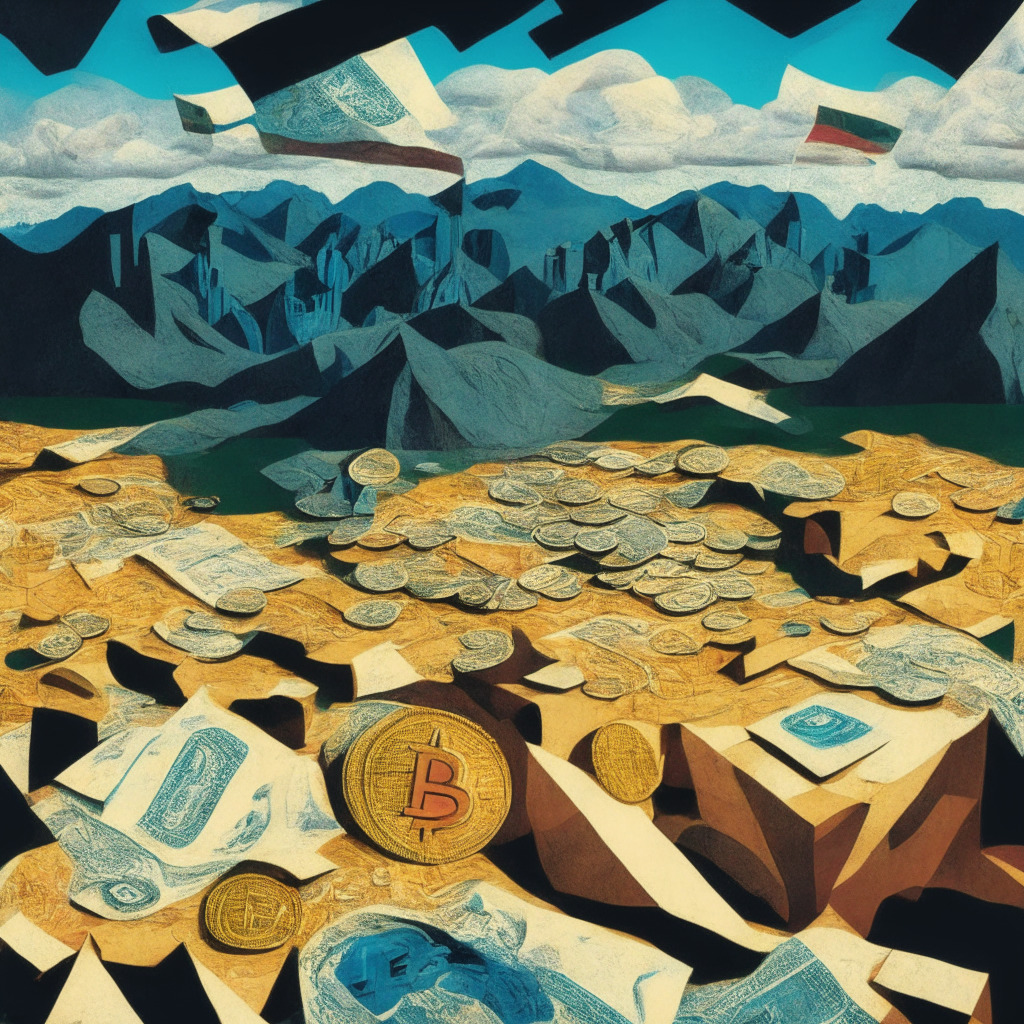Social investing platform eToro has announced that it will delist a selection of crypto tokens for its U.S. customers from July 12, in response to recent legal action by the U.S. Securities and Exchange Commission (SEC). U.S. customers will no longer be able to open new positions in tokens such as Algorand (ALGO), Decentraland (MANA), Dash (DASH) and Polygon (MATIC), although they will still be able to hold and sell existing positions.
The decision comes after the SEC’s legal action against crypto exchanges Coinbase and Binance, where the regulator alleged that certain cryptocurrencies were securities. Following these events, market makers and traders are fleeing Binance.US en masse, with liquidity dropping 76% since. Additionally, Binance has experienced drops in both its U.S. market share and global market depth.
In the U.K., members of the digital asset space appear to be in support of a proposal by the country’s financial watchdog, the Financial Conduct Authority (FCA), to guide companies away from promoting crypto as an inflation hedge. While the popular argument that limited-supply cryptocurrencies like Bitcoin can hold firm against rising price levels may be theoretically sound, the lack of data combined with the volatility of crypto assets could potentially mislead investors.
Notably, the FCA’s strict rules to govern crypto promotional material in the U.K. include a ban on free non-fungible token (NFT) giveaways and airdrops. Moreover, the regulator has issued guidance for stablecoin issuers, stating that firms should be able to “demonstrate claims of stability or links to a fiat currency.”
The recent regulatory actions raise the question: are they stifling the growth and potential of the crypto market, or providing necessary oversight to protect investors? On one hand, stricter regulations may lead to a safer investment environment, but they could also suppress innovation and limit the market’s potential.
On the other hand, too much freedom may lead to a wild west scenario, where malicious actors can take advantage of less-informed investors. As the crypto market matures, it is imperative to find the right balance between regulation and innovation.
In terms of trading volumes, activity cooled in May with total volume across 18 centralized exchanges falling to the lowest since 2020. According to Paris-based crypto data provider Kaiko, “The summer months tend to have lower activity and volatility, and unless there is another large market event, we can expect similar trends.”
In conclusion, the crypto market continues to navigate through highs and lows, facing regulatory pressures and market fluctuations. As the sector matures, finding the right balance between fostering innovation and ensuring investor protection becomes crucial.
Source: Coindesk




